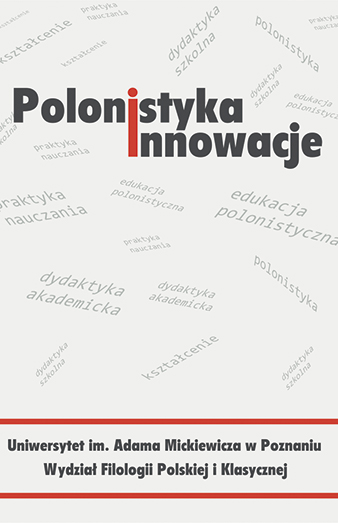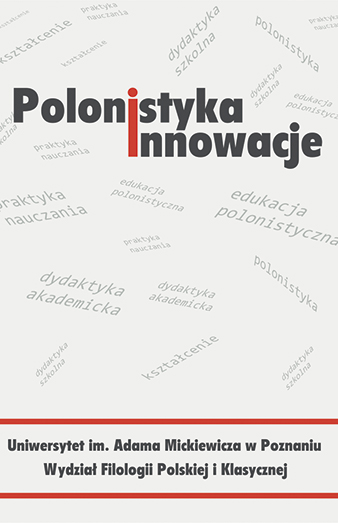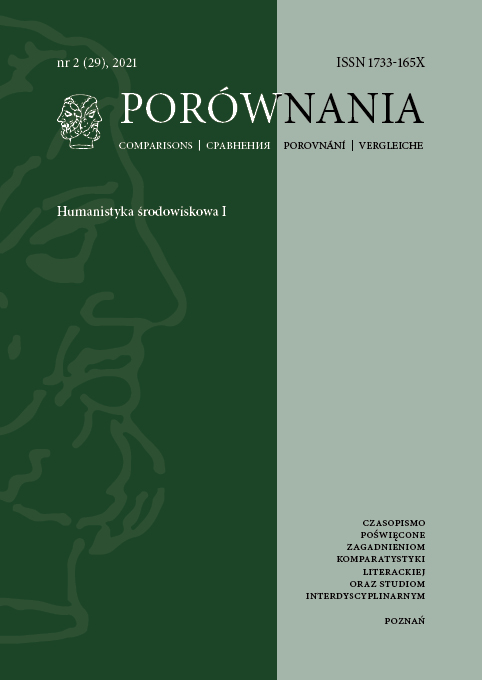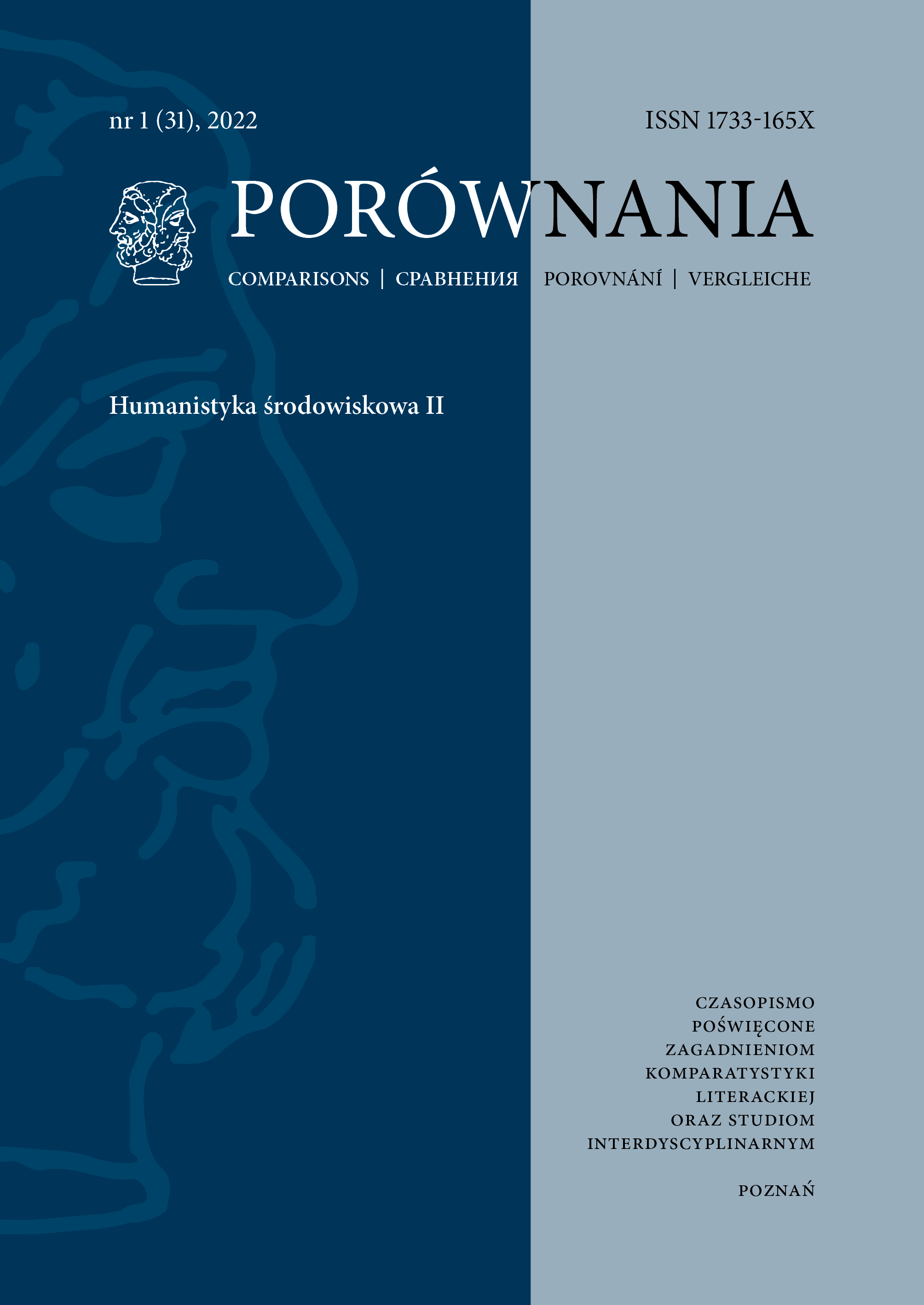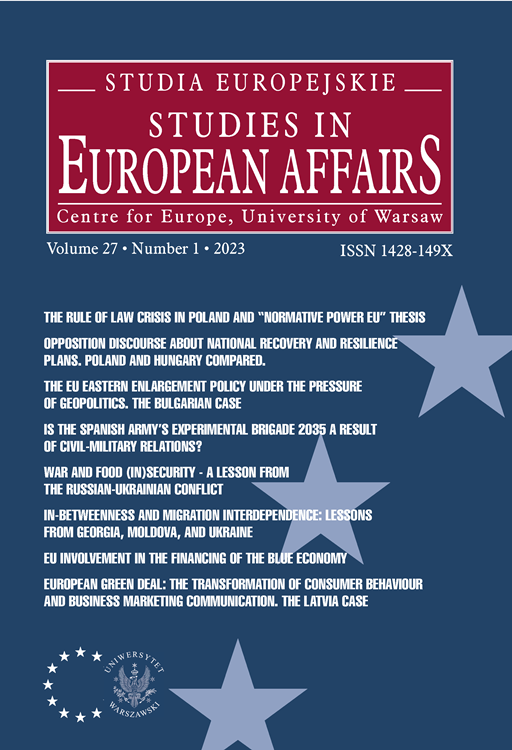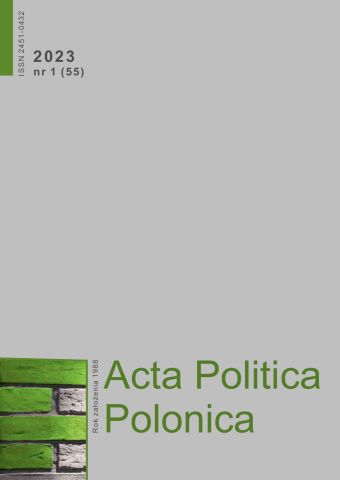Między przeszłością a teraźniejszością. Literackie portrety prześladowanych w perspektywie dydaktyki polonistycznej
The author presents a series of lessons based on the novels: Arka Czasuby Marcin Szczygielski and Kot Karima i obrazki by Liliana Bardijewska. The analysis is based on a literary research on the structural similarities between the figures of a Jew and a refugee in children’s literature. The article presents varied exercises which support study on literary texts and engage students in their searching for the meaning of works. The aim of contextual reading of both novels is to stimulate young readers to reflect on memory, responsibility and repetition of events and relationship with the Other.
More...
